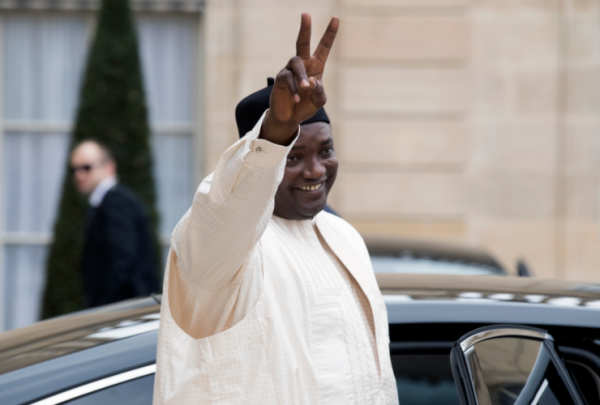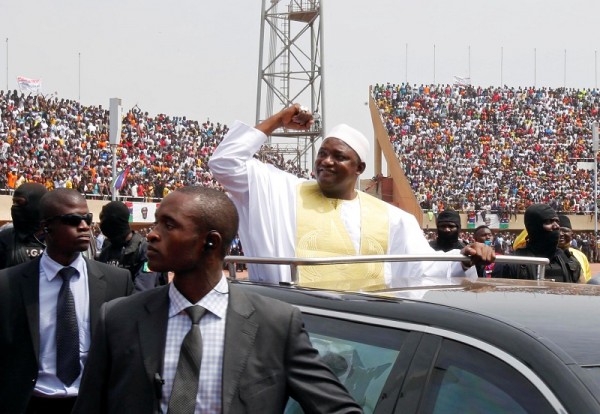Just days after criminal charges were dropped against Gambian journalists Abubacarr Saidykhan and Babucarr Ceesay, they have received an emailed death threat. The International Press Institute expressed deep concern and called for an investigation.
The note, which they received last Thursday, reads in part: “I have stepped in voluntarily to kill all of you and if you deny this just ignore my warning. I know that you are dealing with Gambian dissidents abroad, but you will not survive it at all. For the fact that your stupid colleagues who called themselves Journalists give me your email addresses shows that you are easy to finish.[sic]”.
The threat goes on to describe the location of Saidykhan and Ceesay’s homes, and is signed by “Mofala Jato and his team of patriotic killers”. The pair have been taking extra security measures and have filed a complaint with the Gambian Inspector General, Saidykhan said.
Saidykhan and Ceesay were first arrested on Sep. 6, immediately after they filed a petition with the police to hold a peaceful demonstration against the recent execution of death row inmates. Although the right to demonstrate is protected by the Gambian constitution, they were detained for several days while police searched their homes for evidence to back up accusations that they were “inciting violence,” the journalists told IPI at the time. They were freed on bail after four days.
On Sep. 17, the journalists were charged with conspiring to commit a felony and inciting violence. Ceesay was further charged with “seditious publication” for his work at the African Review.
All charges were dropped last Wednesday, Oct. 24, on the orders of Gambian President Yahyah Jammeh, according to local journalists and news reports. The next day, the journalists received the threat.
Violence against journalists has a history in The Gambia. In 2004, The Point’s founder and chief editor Deyda Hydara was killed by gunmen after he received an anonymous letter threatening to “teach a very good lesson” to government critics. In 2000, Omar Barrow, a news editor for the radio station SUD FM was shot dead while volunteering for the Red Cross at a demonstration. The whereabouts of journalist Chief Ebrimah Manneh, who was arrested in 2006 and who has not resurfaced, remain unknown. The Gambian government claims he is not in their custody and has left the country; others believe he may have died.
“In The Gambia, death threats must be taken seriously and police should carry out a full investigation,” said IPI Executive Director Alison Bethel McKenzie. “The authorities have a responsibility not only to uphold press freedom principles, but to ensure the safety of journalists.”
Meanwhile, two newspapers that were ordered shut in September, The Daily News and The Standard are still being censored and are not allowed to operate, the newspapers’ editors told IPI late last week.


